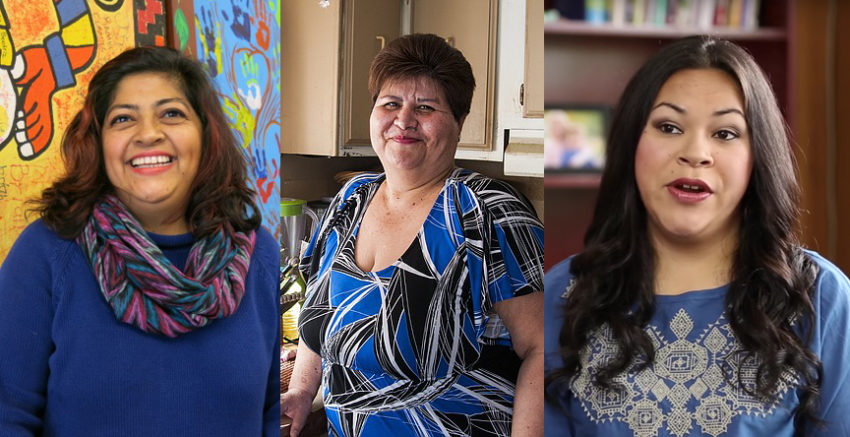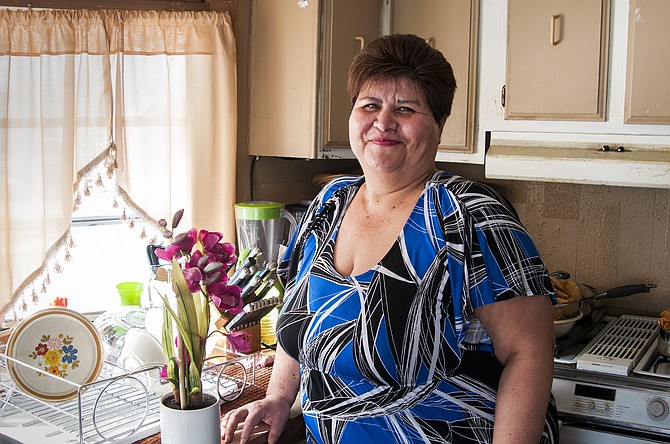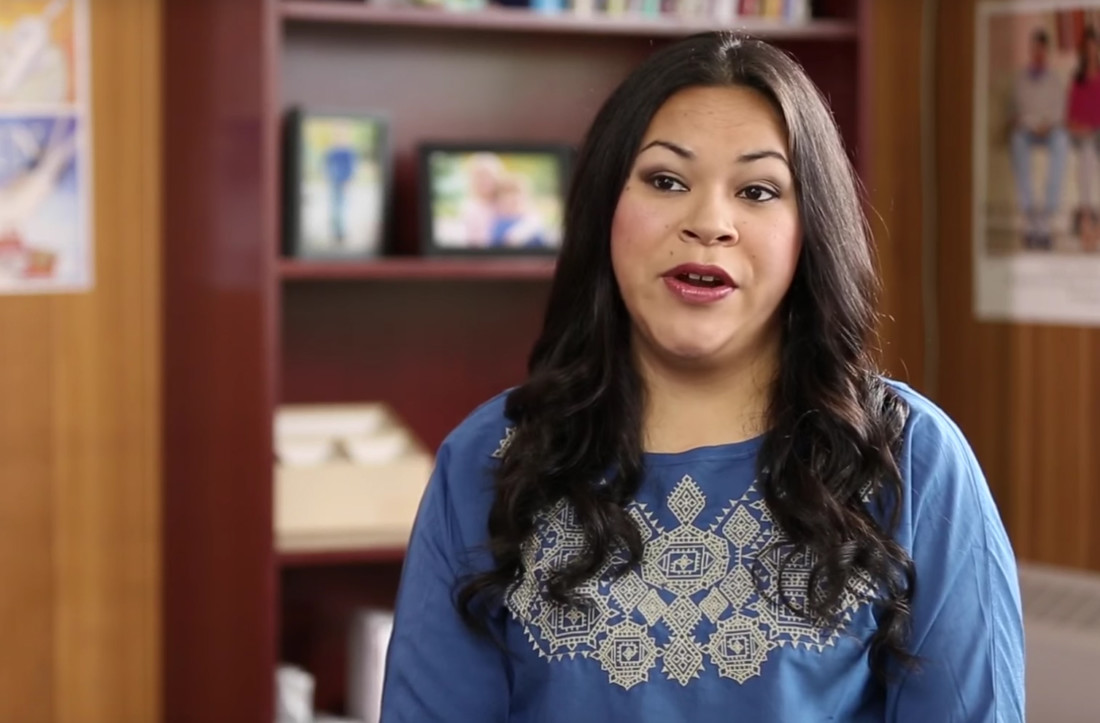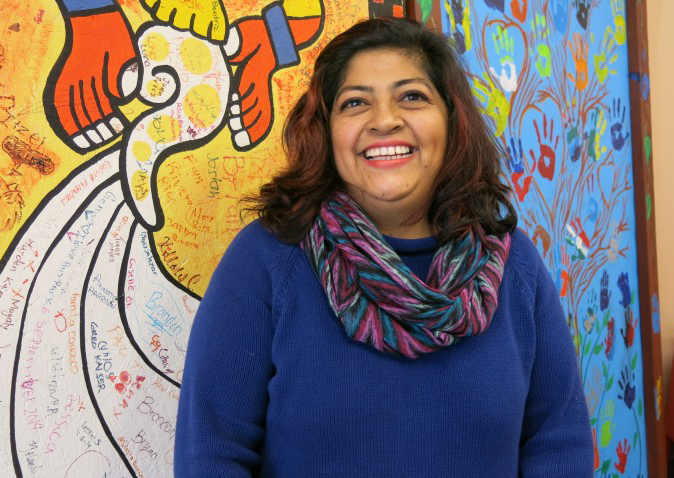
Share On Social!
Latinos face many barriers to healthcare, and thus suffer high rates of diabetes, obesity, and cancer.
That’s why community health workers are so vital.
These workers, often called promotores de salud or educadoras in Latino communities, provide culturally tailored health education, social support, and connections to resources to help Latinos overcome cultural, language, and other barriers to mental and physical healthcare.
We are happy to spotlight a few of these amazing Latino community health workers.
Mayola Cruz: Latino Bridge-Builder
Mayola Cruz says she loves to talk.

So much so that the Craig, Colo., resident learned English to amplify her voice.
Cruz now uses her conversational personality to help give voice to Latinos’ healthcare needs as a member of Northwest Colorado Health’s Patient Advisory Board, according to a Craig Daily Press story.
“She really advocates for the Latino population,” Eveline Bacon of Northwest Colorado Health told the newspaper. “She also invites people to meetings… She motivates them to come out and engage in our healthcare.”
Cruz is effective because she goes beyond health to link to other needed services—car registrations, legal aid, even religious help.
“She is warm and open. Anybody can come and talk to her. It’s just an honest care that she has for the people,” Bacon told the newspaper. “She’s able to break through and engage the others and show them, no, we all belong here.”
Rocio Muñoz: School Health Navigator
Rocio Muñoz was born to be a health navigator.

Raised in a city with extreme racial/ethnic health and economic disparities, Muñoz recognized the challenges her family faced to access health resources and services.
Muñoz acted as a health navigator for her family and friends in order to help them navigate the often complex health care system and connect them to resources and services. Being bilingual and bicultural allowed Muñoz to bridge these gaps to services on behalf of her family and friends to access health care services.
She became a health navigator for the Benton County Health Department in Oregon.
“The beauty of being a community health worker is that we have already experienced some of the barriers ourselves, and then also because we are coming from a community organization, we already come with those skills and the knowledge and the connection to the available community resources for our members,” Muñoz said.
Muñoz said the current healthcare services were not addressing Benton County’s income inequalities or health disparities and were not keeping up with the growing Latino population.
She worked with the local school district to embed bilingual, bicultural health navigators into elementary schools in Corvallis, Ore. (7.4% Latino), to address many barriers: language differences; complex and confusing documents and processes; lack of knowledge of available services; unreliable transportation; and fear of using government services.
The partnership resulted in a model where health navigators are placed in schools to coordinate with students, parents and teachers regarding students’ health records in order to boost access to health resources and services available through state Medicaid, as well as other school and community resources.
Navigators now connect families to health insurance, health care services and well child checks, as well as connect students with vision, hearing and dental specialists and other resources.
Muñoz’s services were so popular, she would arrive to work and find four or five mothers lined up at 8:15 a.m. with papers in their hand, she said.
“We are all here together to help the kids and to make sure that families get what they need,” said Claudia Bouvier, operations assistant at Garfield Elementary School in the Corvallis School District.
Gaby: Water Mom
Gaby Medina, a mom from Denver, was initially weary of serving tap water to her 10-year-old daughter.
Having grown up in Mexico where the water is not always safe to drink, she was concerned about the quality of Denver’s tap water.
After volunteering with a local community organization Westwood Unidos and learning from her dentist that tap water can promote healthy teeth, Medina was encouraged to spread the word about drinking water instead of juices and sodas to her peers.

This was especially important to Medina because Latino kindergartners were more likely to have untreated tooth decay and so many parents relied on sugary drinks.
If a child does not like to drink water Medina recommends that parents add ice and fruit to the water.
Small changes can make a huge difference.
“Many parents don’t know how to take care of their kids’ teeth, and with this campaign, I am helping them learn, this is what motivates me to work,” said Medina, who became part of a larger campaign to educate Latinos on the benefits of water consumption.
(Cruz photo via Craig Daily Press)
By The Numbers
25.1
percent
of Latinos remain without health insurance coverage



